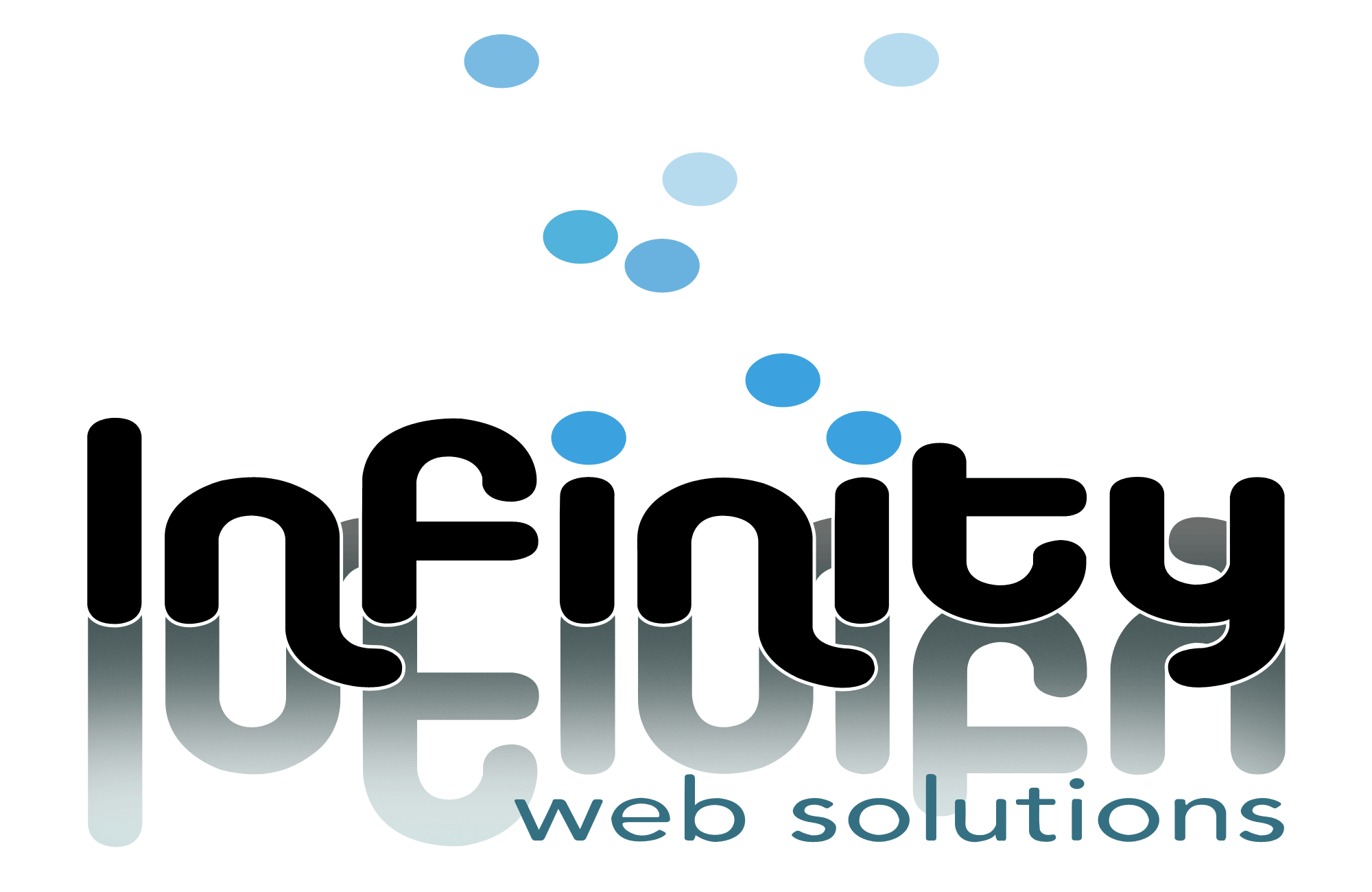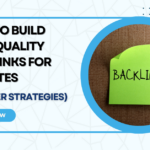Starting a project can be exciting and challenging, requiring excellent project management capabilities to negotiate obstacles and achieve successful results. These concepts will give you practical techniques to improve your project management talents, from creating clear goals and objectives to promoting good communication and using project management tools. But how can project managers successfully deal with unanticipated challenges and alter their plans while keeping the project on track? By answering this question, you will discover crucial project management tips that can lead to success in every project you undertake. Discover important ideas and tactics for overcoming obstacles, remaining flexible, and driving project success.
Project Management Tips: Define Clear Project Goals and Objectives
Clear project goals and objectives are critical in project management, providing the entire team with a clear direction and purpose. They guide decision-making and resource allocation and serve as a benchmark for measuring success. This section will explore the significance of clear project goals and objectives, their role in guiding project execution, and the benefits of having well-defined SMART goals.
The Significance of Clear Project Goals and Objectives:
- Establishing a clear direction and purpose for the project
- Aligning the project team and stakeholders toward a common vision
- Providing a roadmap for project planning and execution
The Role of Project Goals in Guiding Decision-Making and Resource Allocation:
- Helping prioritize tasks and allocate resources effectively
- Guiding decision-making processes throughout the project lifecycle
- Assisting in evaluating trade-offs and making informed choices
The Benefits of Having Well-Defined SMART Goals:
- Enhanced clarity and focus on project outcomes
- Improved motivation and engagement of project team members
- Facilitating progress tracking and performance evaluation
By understanding the importance of clear project goals and objectives, addressing challenges, and employing effective communication techniques, project managers can set their projects up for success and ensure that everyone involved is working towards a shared vision of achievement.
Creating a Detailed Project Plan
A well-structured and comprehensive project plan is crucial for successful project management. It is a roadmap that outlines the tasks, timelines, resources, and dependencies necessary to achieve project goals. This section will explore the key components and best practices for creating a detailed project plan.
- Define the Project Scope
Clearly define the boundaries and deliverables of the project. Determine what is included and excluded to ensure a common understanding among the project team and stakeholders.
- Break Down the Project into Tasks
Identify the specific tasks required to complete the project. Break them into manageable units and create a hierarchical structure, outlining the sequence and dependencies between tasks.
- Assign Responsibilities
Assign clear roles and responsibilities to team members for each task. Define who is accountable, responsible, consulted, and informed (RACI matrix) for each deliverable or decision. This clarifies expectations and promotes accountability.
- Identify and Mitigate Risks
Identify potential risks that may impact the project’s progress or outcomes. Assess their likelihood and potential impact. Develop risk mitigation strategies to minimize the negative effects and create contingency plans.
- Create a Communication Plan
Outline a communication plan that details how project information will be shared among team members, stakeholders, and relevant parties. Identify the frequency, channels, and recipients of project updates and reports.
Remember that by creating a detailed project plan that encompasses these elements, project managers can effectively organize and manage project activities, monitor progress, and ensure that the project stays on track toward successful completion.
Project Management Tips: Communicate Effectively
Effective communication is a cornerstone of successful project management. It fosters collaboration, alignment, and clarity among team members, stakeholders, and clients.
This section will explore key strategies and best practices for effective communication in project management.
- Establish Open and Regular Communication Channels
Create an environment that encourages open and transparent communication. Establish regular communication channels such as team meetings, status updates, and progress reports to inform everyone about project updates, challenges, and milestones.
- Tailor Communication with Different Stakeholders
Recognize that different stakeholders may have varying levels of involvement and information needs. Tailor your communication approach to suit each stakeholder group, considering their interests, knowledge, and communication preferences.
- Use Clear and Concise Language
Communicate clearly and concisely, using language easily understood by all stakeholders. Avoid jargon or technical terms that may confuse you. Break down complex concepts into simpler terms, ensuring the message is easily understandable.
- Active Listening
Communication is not just about speaking; it also involves active listening. Pay attention to what others say, demonstrate empathy, and seek clarification when needed. This fosters mutual understanding and builds trust among team members and stakeholders.
- Be Mindful of Non-Verbal Communication
Recognize that non-verbal cues, such as body language and tone of voice, can significantly impact communication. Be aware of your non-verbal communication and be attentive to others’ cues, ensuring your message is conveyed effectively.
By implementing these strategies for effective communication, project managers can foster collaboration, build trust, and ensure that project information flows smoothly among team members and stakeholders. Clear and open communication enhances project outcomes, mitigates misunderstandings, and drives project success.
Building a Competent Project Team
A competent and cohesive project team is vital to achieving project success. The team’s skills, expertise, and collaboration can significantly impact the project’s outcomes. This section will explore key strategies for building a competent project team.
- Define Roles and Responsibilities
Clearly define the roles and responsibilities of each team member involved in the project. Ensure that there is a clear understanding of individual contributions and expectations. This clarity helps avoid confusion, overlapping tasks, and gaps in responsibilities.
- Foster Collaboration and Communication
Encourage a collaborative and communicative environment within the project team. Establish channels for effective communication, encourage idea-sharing, and promote a culture of trust and respect. This fosters collaboration and enhances problem-solving capabilities.
- Encourage Professional Development
Support the professional growth and development of team members. Provide opportunities for training, learning, and acquiring new skills relevant to the project and their career advancement. This not only benefits the project but also boosts team morale and motivation.
- Promote Diversity and Inclusion
Build a diverse project team encompassing different perspectives, backgrounds, and experiences. Diversity promotes creativity, innovation, and a broader range of problem-solving approaches. Foster an inclusive environment where every team member feels valued and heard.
- Foster a Positive Team Culture
Cultivate a positive and supportive team culture that encourages collaboration, trust, and mutual respect. Recognize and celebrate team achievements, encourage peer recognition, and create opportunities for team-building activities to enhance cohesion.
- Empower Decision-Making
Empower team members to make decisions within their respective areas of expertise. Delegate authority and responsibility appropriately, fostering a sense of ownership and accountability. Encourage autonomy while providing necessary support and guidance.
Project managers can build a competent and high-performing project team by implementing these strategies. A skilled and cohesive team contributes to improved collaboration, innovation, and project success.
Building a Competent Project Team with Infinity Web Solutions
Building a competent project team is a critical factor in achieving project success. By defining roles and responsibilities, assessing skills and expertise, fostering collaboration, and promoting professional development, project managers can cultivate a well-equipped team to tackle project challenges and deliver exceptional results. At Infinity Web Solutions, we understand the importance of a competent project team and offer comprehensive project management tips and services to help you assemble and lead a team that will exceed your expectations. Contact us today to learn how our expertise can drive your project toward success.










